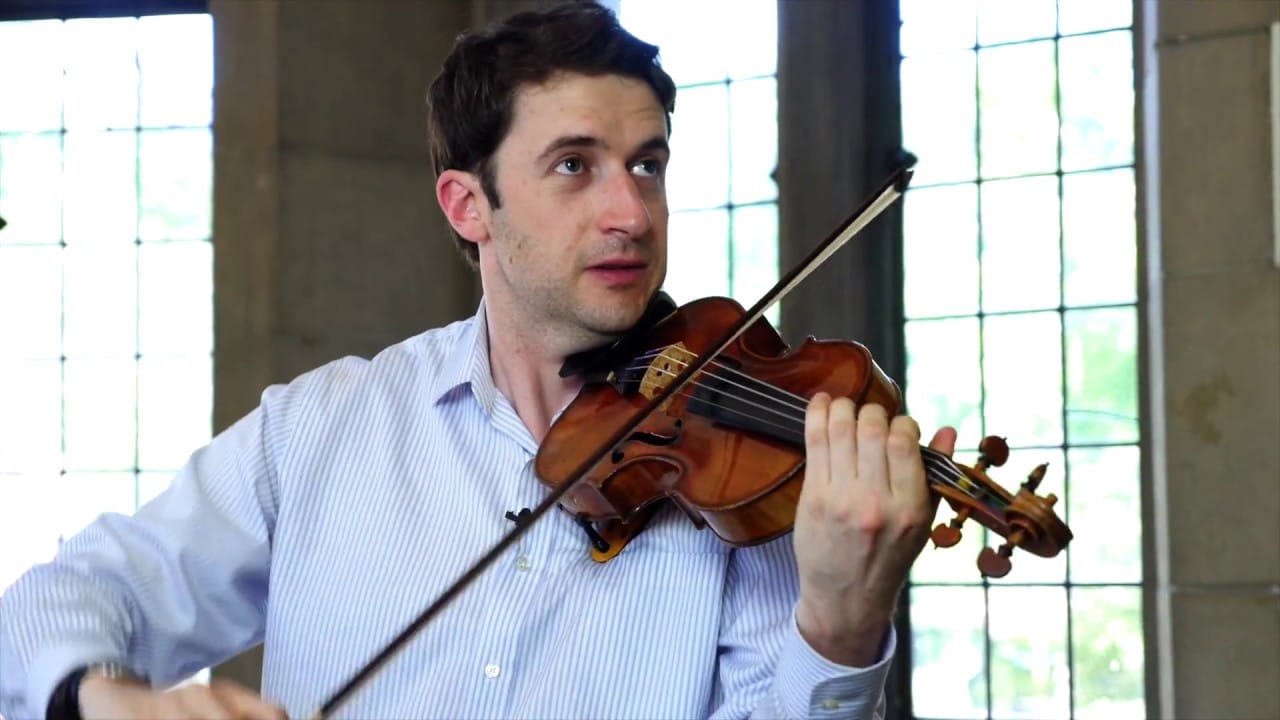The Slipped Disc daily comfort zone (14): Pärt works
mainThe Estonian got there first.


The American mezzo-soprano Elizabeth Russo, who sang Fricka…

The US violinist Noah Bendix-Balgley, first concertmaster of…

Washington sources say the president will offer personal…

The conductor takes time out in Berlin to…

Session expired
Please log in again. The login page will open in a new tab. After logging in you can close it and return to this page.
Comments